
Recently, Nissan’s Giovanni Aroba revealed the mass production plan for the GT-R follow-up model Hyper Force. It is reported that this highly anticipated model is expected to be officially put on the market around 2030, bringing a new driving experience to our daily lives. The news sparked widespread concern in the automotive design community.
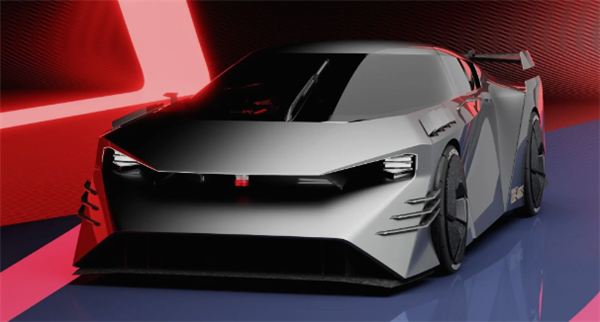
Hyper Force was unveiled at the Japan International Auto Show and attracted widespread attention. As the successor of GT-R, Hyper Force has made bold innovations in exterior design. Its sharp lines and exaggerated aerodynamics make it look like a tank from the future, full of combat atmosphere. This appearance has made people full of expectations for this car, and they hope that it can also make breakthroughs in performance.
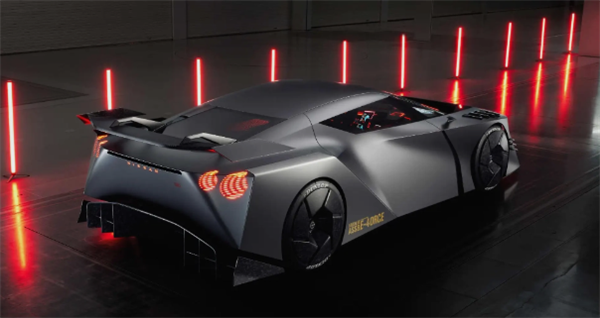
#Hyper Force's aerodynamic design is the responsibility of Nissan's racing division Nismo and is designed to improve the vehicle's stability when driving at high speeds. To achieve this, they use superior downforce design. In addition, the body of Hyper Force is made of carbon fiber to achieve lightweight and improve the vehicle's handling performance.
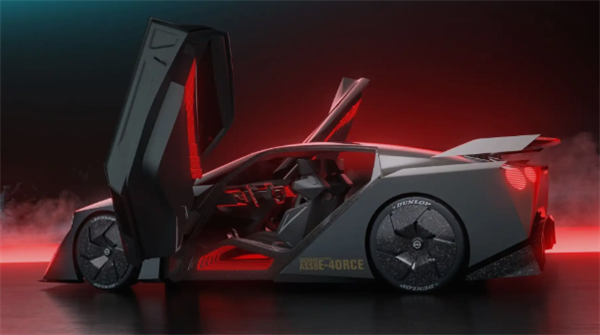
Hyper Force's door design is unique, using a scissor door design that extends from the front to the rear of the car. Once you open the door, it feels like a mecha warrior is waiting for you, which is amazing. In terms of interior, the car incorporates Japanese mecha style, making riding in it feel like being in the future world.
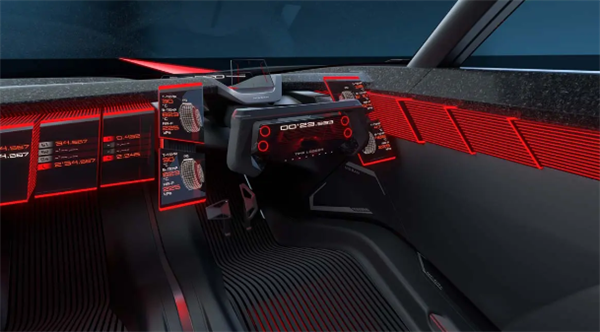
As the successor of GT-R, Hyper Force cannot be underestimated in terms of power. It is understood that the car will use a four-motor drive system with a total power of up to 1,000 kilowatts, which is twice as much as the current GT-R Nismo. Such powerful power performance will undoubtedly bring drivers faster acceleration performance and the ultimate driving experience.
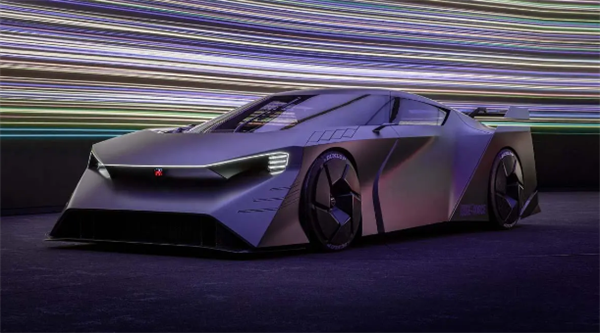
In terms of battery life, Hyper Force will use the latest solid-state battery technology to ensure continuous and stable power output and provide longer cruising range. However, Nissan officials have not released many details about this car yet. Therefore, we still need to wait patiently and look forward to Hyper Force can be mass-produced as scheduled, bringing us more surprises and expectations.
The above is the detailed content of Nissan Hyper Force will be mass-produced in 2030, equipped with the successor of the supercar GT-R, revealing the charm of future chariots. For more information, please follow other related articles on the PHP Chinese website!




